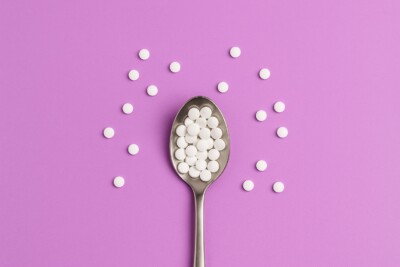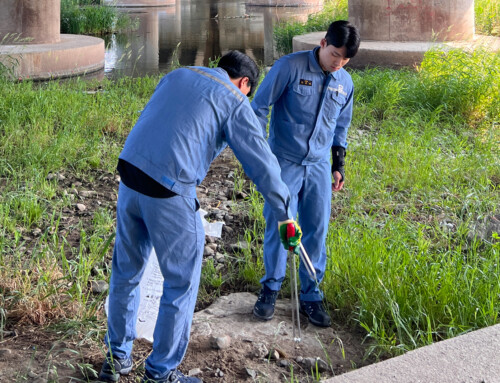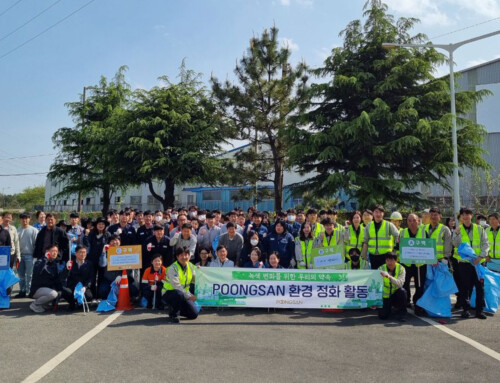The European Food Safety Authority (EFSA) has reaffirmed the safety of saccharin and its sodium, potassium, and calcium salts (collectively known as saccharins, E 954), which are widely used as low-calorie sweeteners in the food industry.
As part of an EU-wide initiative to re-evaluate food additives approved before 2009, EFSA’s Panel on Food Additives and Flavourings (FAF Panel) conducted a comprehensive assessment based on updated scientific data and protocols. This included recent studies and stakeholder submissions covering saccharin use from 1994 to early 2024.
A key outcome of the assessment is the conclusion that the R&F process for manufacturing saccharin is the only process that does not raise a concern with regards to impurities or genotoxicity. The assessment also confirmed a revision of the acceptable daily intake (ADI) for saccharin to 9 mg per kg of body weight, significantly higher than the previous limits set in 1995. This change reflects modern scientific consensus that earlier concerns about bladder tumors in rats are not relevant to humans. All population groups in the EU are estimated to have saccharin intakes well below the new ADI, indicating no safety concerns.
The panel also recommended updates to EU specifications, such as:
– Standardizing saccharin production to the Remsen-Fahlberg process,
– Updating chemical identifiers (CAS numbers),
– Improving purity standards for calcium saccharin,
– Tightening limits for contaminants like lead and arsenic.
Although minor uncertainties remain—such as the need for more long-term human studies on glucose regulation and weight gain—these do not affect the overall conclusion: saccharins remain safe for use in food.
Full article: https://www.efsa.europa.eu/en/efsajournal/pub/9044
Plain language summary: https://efsa.onlinelibrary.wiley.com/doi/pdf/10.2903/j.efsa.2024.p221101







